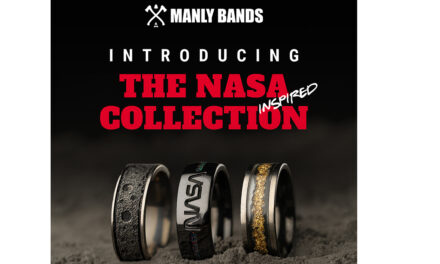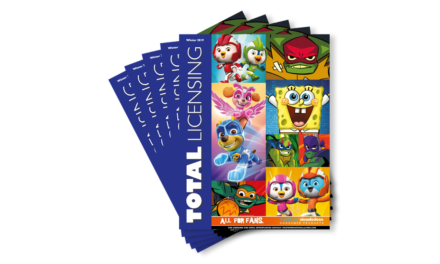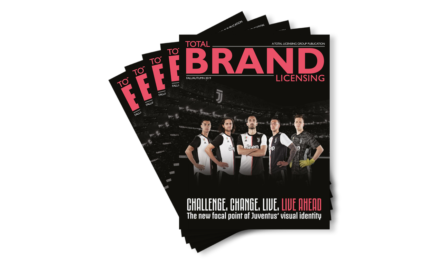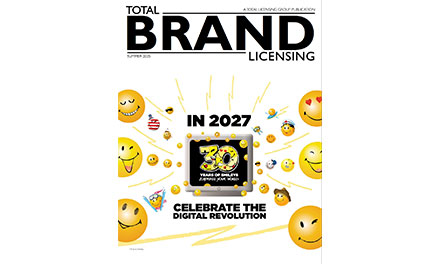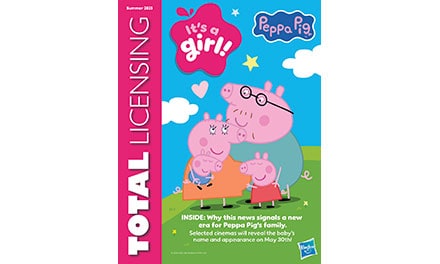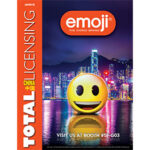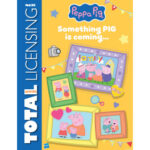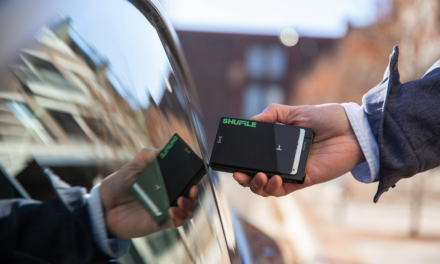
The Top 100 Most Valuable Brands
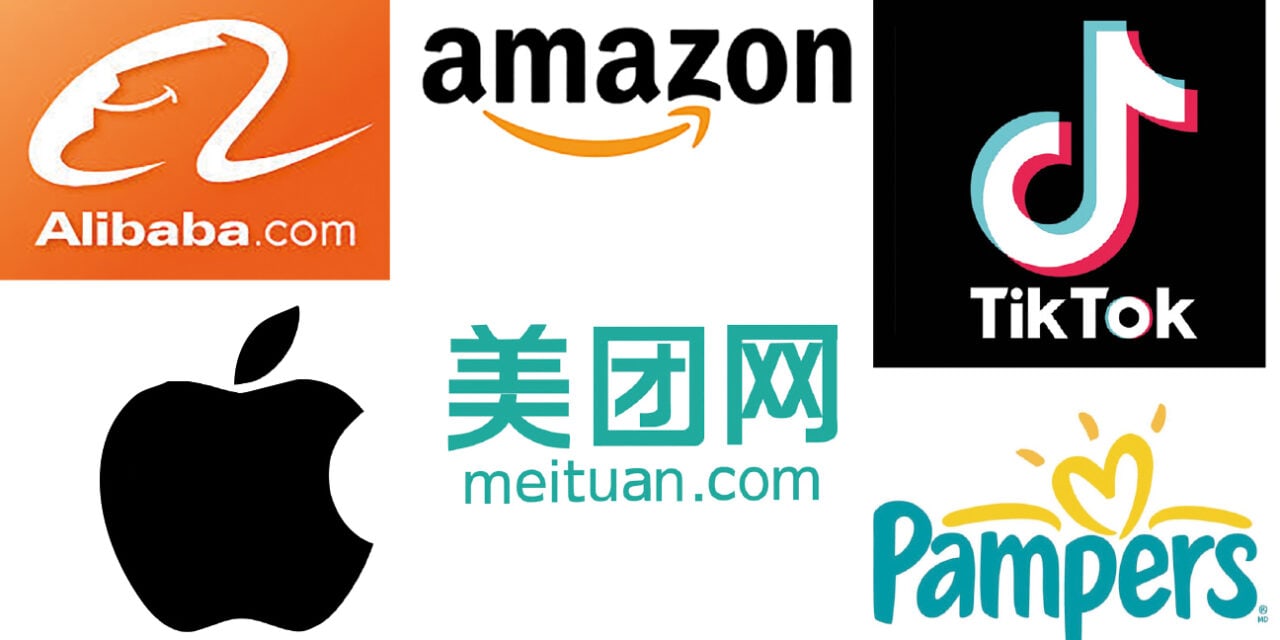
Mark Chamberlain, Managing Director of Brand, Kantar UK, spoke to Total Licensing about the Global Top 100 Most Valuable Brands, which shows that, despite the global uncertainty, top brands have grown and have an opportunity to provide confidence and reassurance as consumers actively seek out trusted brands during these times of crises.
Q. What do you think has led to brand value increase, over the last few months of lockdown?
BrandZ’s Top 100 Most Valuable Global Brands ranking uses valuations data, incorporating stock price performance, available for the 12 months up to 7 April 2020 to reflect the initial impact of COVID-19. The world’s most valuable brands have seen their total brand value increase by 5.9% despite the economic, social and personal impacts of COVID-19. The total brand value of the Top 100 global brands was US$5 trillion, equivalent to the annual GDP of Japan.
Brands that proved most resilient to the commercial impact of COVID-19 were those closely aligned with how people live their lives. COVID-19 accentuated the relevance of brands that could fulfil basic needs. These included technology brands like Microsoft, Facebook, Google, and Apple, that enabled people to stay connected; retailers like Amazon, Costco, and Walmart that delivered food and other necessities; and even athleisure apparel brands like Lululemon that dressed people for at-home comfort.
Q. And how do you think the top brand corporations have ‘survived’ and flourished during this time?
Against a backdrop of uncertainty, those companies that have consistently made smart investments in longer-term marketing and in building strong brands have managed to stave off the worst of the crisis to date. Our BrandZ data allows business leaders to understand how much ‘brand’ drives their business revenues and growth. It also provides valuable information on what brands must do to help them remain relevant and adapt to changing consumer needs. COVID-19 has indiscriminately impacted everyone, including UK brands. However, consistent investment in marketing can and will help carry you through a crisis
Innovation has proven to be a key driver for growth in this year’s Top 100, and a way to prevent decline. Creativity is also an important trait for the world’s most valuable brands. Companies like Amazon, Apple and Google – the tech giants that keep on innovating – successfully combine both to continue being relevant to consumers’ lives and making it easier for them to choose a brand.
The continued growth in value of the BrandZ Top 100 shows that strong brands are in a much better place than they were in the global economic crisis of 2008-9. We see a significant improvement in brand equity now compared to 10 years ago because businesses understand the importance of investing in brand-building and are stronger and more resilient as a result.
Q. Is there a strong element, during uncertain times, of trusted brands thriving?
Trust both delivers reassurance and simplifies brand choice. There is a growing public demand for more responsible corporate behaviour, which in turn amplifies the need for brands in all categories to act as a positive force in the world. Brands have a unique opportunity to earn valuable trust and help make a difference, providing this is seen to be genuinely altruistic. Being sincere, empathetic and ensuring your brand remains consistent with its core values will ensure your corporate reputation is not compromised.
Brands perceived by consumers to be among the world’s most trusted and responsible shared three crucial factors that proved particularly important for building consumer trust and confidence, even when a brand might be new to a market. These are honesty and openness; respect and inclusion; and identifying with and caring for customers. Brands that develop these associations more strongly tend to outperform their competitors in defending and growing their brand value.
For example, the most trusted brand in this year’s BrandZ Global Top 100 study is the US Baby Care brand Pampers with a Trust score of 136 (with 100 being the average) and scores over 120 in every market where it is measured. This exceptional level of trust is driven primarily through its perceived superiority over competitors and relentless technological leadership in its category.
In second place is the Chinese lifestyle brand Meituan with a Trust score of 130, which demonstrated its understanding of consumers’ needs and developed a strong reputation for customer care. An important element of trust is inclusivity which can be defined as treating everyone with respect as equals. This is one way newer brands, which lack years of tradition and experience, are inspiring trust among consumers. Other drivers of trust include being open and honest, and genuinely caring for customers. BrandZ data shows that brands that perform well in each of these three components of trust are more valuable. The most inclusive brands are twice as valuable as the least inclusive brands.
Q. And how about the rise of international brands making it into the top 10 list, eg Alibaba?
The most successful brands in the Top 20 Risers – brands that increased in value by the greatest percentage year-on-year – aligned with how people today conduct both their personal and business lives. These brands provided high levels of customer-centric service and convenience while meeting concerns about health and sustainability.
Of the Top 20 Risers, 12 brands came from categories that most typify these trends: six brands came from technology and six from retail. Five of the Top 20 Risers are Chinese brands. Four are retail or technology-related brands, experienced in the use of data and digitization to achieve extreme convenience and personalization, including—along with Alibaba—Meituan, JD, and Tencent. With a 58 percent value increase, Moutai, the Chinese alcohol brand, led the Global Top 100 in percentage value gain.
The presence of five Chinese brands in the Top 20 Risers is significant for two reasons. First, digitisation to provide convenience has achieved its most extreme expression in China. Second, they are among the record 17 Chinese brands in the 2020 BrandZ Global Top 100, reflecting a growing presence of Chinese brands across categories.
The Top Riser results suggest that technology, specifically digitization, will be a key driver of future brand growth. With the caveat that new products and services need to result not simply from new technological capabilities, but from insight in how technology can help improve people’s lives
Q. What do you foresee in the coming months?
The pandemic was a seismic event that restrained the growth of brand value and deflected attention from some trends and cultural shifts, especially concern over health and wellness and sustainability, which had factored into brand planning and activities across categories.
As we adapt to the ‘next normal’ as life evolves and restrictions are lifted, UK brands, both large and small, have to pay attention to the key consumer themes emerging from lockdown that will play a role in future behaviour and consumption. We see these across five key areas that all brands should look to understand and monitor. They are increased self-reliance and resourcefulness in ‘using what you’ve got’ to create entertainment, cook food and offer little luxuries; saving over-spending to protect against harder times; honesty, transparency and directness are more valued than ever; we see increased appreciation of local communities and economies as Britain becoming more inward looking in seeking products and connections closer to home; and finally consumers are seeking leadership and businesses that put people before profits. If you can meaningfully amplify these things in a way that is consistent and true to the brand, that brand will be primed to win more than its fair share.
Looking ahead, no one really knows just how long this pandemic will last and what the recovery arc will look like. What we do know is that for brands to gain share during the recovery phase, they need to start planning now.
Kantar’s COVID-19 Barometer analysis is a multi-wave research initiative that tracks consumer attitudes, behaviours, and expectations across 50 markets. In its latest findings, it reports that brands need to understand that the lockdown has produced new habits. Just over half of the people surveyed—and a higher percentage from the Millennial and GenZ generations—expect to maintain certain lockdown behaviours, including better hygiene, healthier eating, spending time with family, and perusing personal development.
Brands that help people integrate their online and offline realities during an abnormal crisis period, are well-positioned to thrive as the personal and work worlds emerge into a new normal. Brands need to respond with the innovative products and services that address these new habits and keep brands relevant in this new world.

